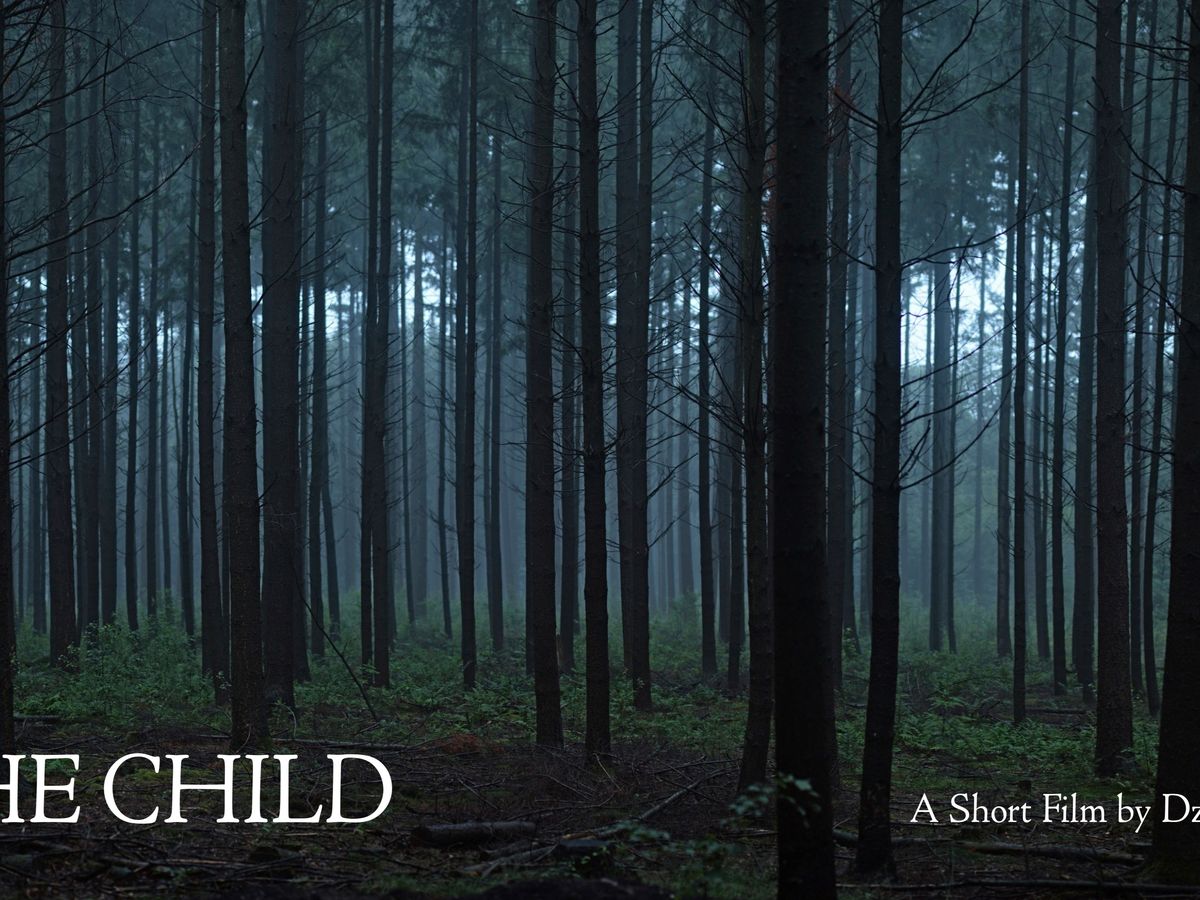About me:
My name is Dzan Harba. I am a 2nd-year directing student in NYU Tisch’s Graduate Film program. I grew up in New Jersey after my family fled Bosnia during the Yugoslav Wars of the 1990s. Prior to that, I graduated with a degree in philosophy from the University of Chicago and was awarded a Fulbright grant to teach English at the University of Prizren in Kosovo. I just directed two short films, Deus Ex Gym Machina (2021) and In Medium Res (2022), and also served as producer on the short film, In the Lighter Hours (2022), directed by Kemal Burak Cuhadar.
As a filmmaker, my main goal is to reveal the fundamental truths implied in different moments of human experience. In particular, I like to research particular historical events or practices, connect them to my own life story and experiences, and find the most impactful themes and truths that they reveal.
About the film:
The Child is a turn of the 20th century period suspense piece.
The logline is: A young mother lives with her deaf son in an isolated cabin in Appalachia at the turn of the 20th century. As he becomes ill with a rapidly worsening disease, she does everything she can to take care of him, until she’s forced to confront her greatest fear: losing him forever.
At bottom, The Child is the story of a mother and child. It’s a story that draws on both historical influences and the story of my own life. My mother fled war-torn Sarajevo while pregnant. During the Bosnian War, stories of wartime sexual violence, children being born without limbs, and babies being gravely maimed by shrapnel became commonplace. All of a sudden, greater socio-historical forces (i.e., war, the dissolution of a country) had imperiled the basic relationship between mothers and children. This theme continued upon our arrival in the United States: my mother had to raise me alone, marshaling all her knowledge in the face of unknown institutions, systems, and dangers to do her best. In this film, I want to convey this basic sense of a mother fighting for her child—imperfectly and under rudimentary circumstances—in the face of immense and implacable social and historical forces.
I situate these themes and stories within the geographical and temporal backdrop of early 20th-century Appalachia. The story concerns two central characters—the Mother and the Child—living in rudimentary conditions in an isolated cabin in the Appalachian pine forest. The Child has been deaf since birth, and given the lack of schooling, neither he nor his mother can read or write. Instead, they communicate
through home sign (gestures and the Child’s sounds), their own private language. As a mysterious illness takes hold of the Child, the Mother takes care of him in the best ways she can, using folk medicine, but she finds herself helpless in the face of the rapidly worsening affliction.
The Mother’s central emotional state is fear: she is afraid for her child who’s becoming sick with a severe illness, and has no idea how to help him or understand this illness. On a deeper level, she is afraid of abandonment and loss—the silence when the Child becomes comatose terrifies her, and the Doctor taking the Child to try to save him only cements her abandonment at the end. The film ends on a sequence in which the Mother, now entering febrile delirium herself, hears the Child’s voice and follows after it in the forest: despite all larger forces, she’s fundamentally a mother who cares for her child.
My goal as a filmmaker is to reveal the fundamental truths that underlie different historical moments of human experience. With the Child, I want to convey how individual fates and values can be brought into conflict with larger forces and changes (i.e., an illness, the advent of modernity), often with tragic consequences. These changes are outside individuals’ control, yet simultaneously entail the rupturing of individual fates and relationships, like those between a mother and child.
Why we need your contribution:
Even though this is a student production, a production of this size also carries with it significant expenses. In addition to covering lodging, catering, and equipment rentals, our budget has one major expenditure: 16mm film stock and processing costs.
Shooting on 16mm is critical to my vision for this story. Kodak stock's texture, colors, and rendering of movement are essential for the mood and environment I want to create. However, it also comes with a cost. Here is a breakdown of what your contributions will help cover in our budget:
- 16mm film stock and processing costs (development, scanning, etc.)
- Location costs
- Transportation for equipment, cast and crew
- Food services for our cast and crew
- Production design, props, special effects & set-dressing
- Wardrobe for cast
- Extra camera and lighting equipment/accessories
- Post-production costs including sound mixing, festival submission fees, and more
No raffles, sweepstakes, giveaways, or returns on investment are offered in exchange for any donations made to this GoFundMe.


